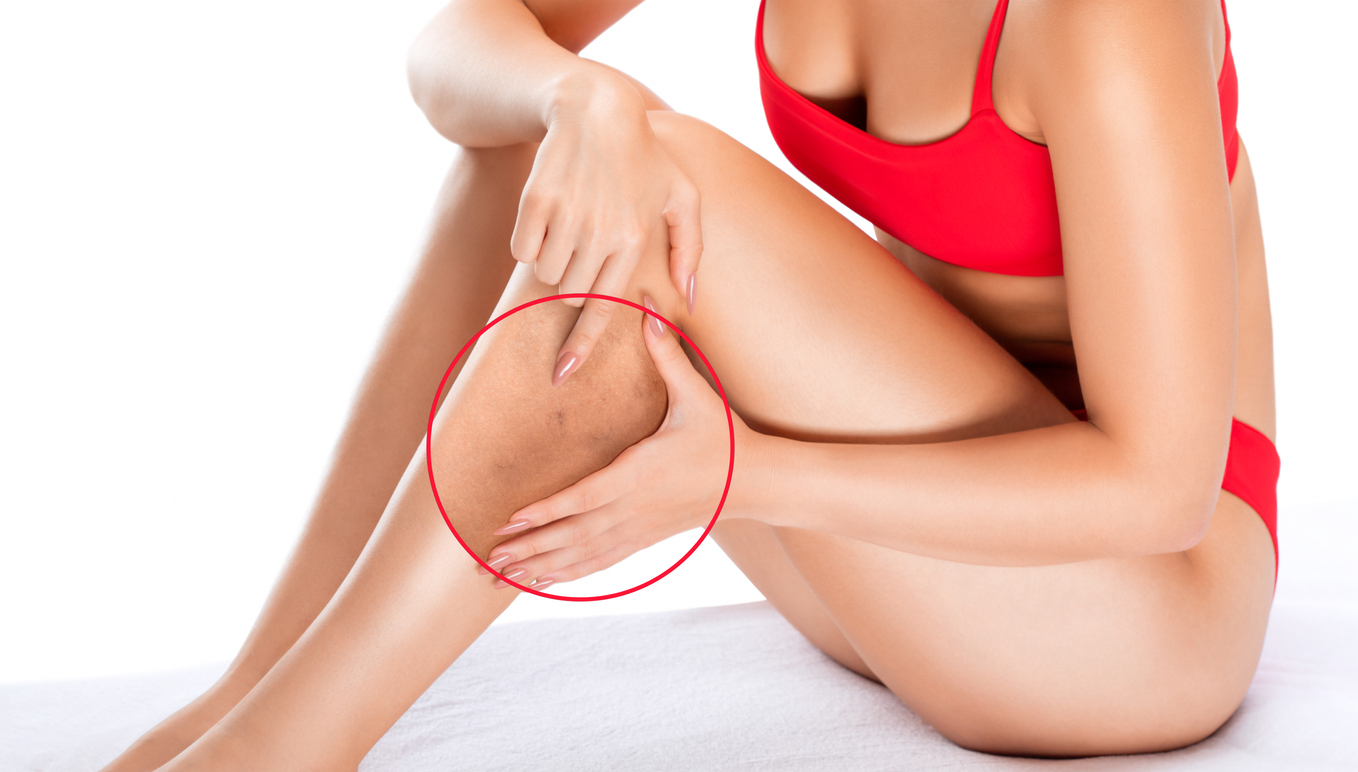
Vein-related issues can be a common concern for many individuals, particularly as you age or face certain risk factors. Two of the most prevalent vein conditions are varicose veins and spider veins. While these conditions may appear similar at first glance, they have distinct characteristics, causes, and associated health risks.
Let’s explore the differences between varicose veins and spider veins, along with their causes, risk factors, and available treatment options, including surgical and non-surgical approaches. Additionally, we'll touch on another vein-related issue, reticular veins.
Varicose Veins:
Description: Varicose veins are swollen, twisted veins that typically appear as raised, bulging blue or purple lines on the legs. They can be painful and uncomfortable, often causing aching, throbbing, or a heavy sensation in the affected areas.
Associated Health Risks: Varicose veins can lead to more serious health problems if left untreated. These may include skin ulcers, blood clots, and venous insufficiency, which can cause chronic leg swelling and skin changes.
Causes: The primary cause of varicose veins is the malfunction of valves within the veins, leading to the backward flow of blood and increased pressure on the veins. This weakening of the vein walls is often (but not always) hereditary.
Risk Factors: Risk factors for varicose veins include age, gender (more common in women), obesity, pregnancy, prolonged standing or sitting, and a family history of the condition.
Treatment Options:
- Non-Surgical: Lifestyle modifications (exercise, weight management), compression stockings, and elevation of the legs.
- Surgical: Surgical options include laser or radiofrequency ablation, ambulatory phlebectomy, Varithena, VenaSeal, and sometimes sclerotherapy.
Spider Veins:
Description: Spider veins are smaller, web-like veins that are closer to the skin's surface. They are usually red or blue and are commonly found on the legs, breast and face.
Associated Health Risks: Spider veins are generally considered a cosmetic concern, but they can sometimes cause mild discomfort or itching.
Causes: Spider veins often result from the dilation of tiny blood vessels near the skin's surface. Hormonal changes, sun exposure, pregnancy and genetics can contribute to their development.
Risk Factors: Risk factors for spider veins include age, genetics, pregnancy, hormonal changes (such as birth control or hormone replacement therapy), and prolonged sitting or standing.
Treatment Options:
- Non-Surgical: Sclerotherapy is a common non-surgical treatment where a solution is injected into the affected veins, causing them to collapse and fade over time. Laser therapy is another option for smaller spider veins.
- Surgical: Surgical removal of spider veins is rare due to their small size and typically cosmetic nature.
Reticular Veins:
Description: Reticular veins are intermediate in size between spider veins and varicose veins. They appear as blue or green veins just below the surface of the skin and can cause mild discomfort.
Associated Health Risks: While generally not associated with severe health risks, reticular veins can be symptomatic, causing itching, burning, or aching sensations.
Causes: Reticular veins result from the dilation of larger blood vessels beneath the skin's surface, often due to increased pressure or genetic factors.
Risk Factors: Risk factors for reticular veins include a family history of vein problems, obesity, and prolonged sitting or standing.
Treatment Options:
- Treatment for reticular veins may involve sclerotherapy or laser therapy.
Understanding the differences between varicose veins, spider veins, and reticular veins is crucial for proper diagnosis and treatment. While spider veins and reticular veins are often seen as cosmetic issues, varicose veins can be painful and lead to more severe health problems if left untreated.
Whether you're seeking non-surgical or surgical treatment options, consulting a vascular specialist is essential to determine the most suitable approach for your specific condition. Additionally, adopting a healthy lifestyle and managing risk factors can help prevent these vein-related issues and maintain better vascular health in the long run.
To speak with one of board-certified vascular physicians about your vein issues, schedule an appointment today!




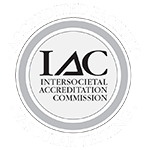
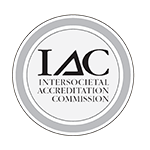
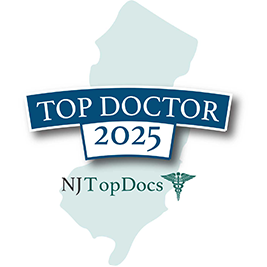
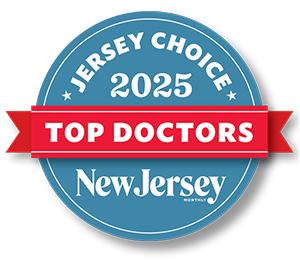
_2.jpg)